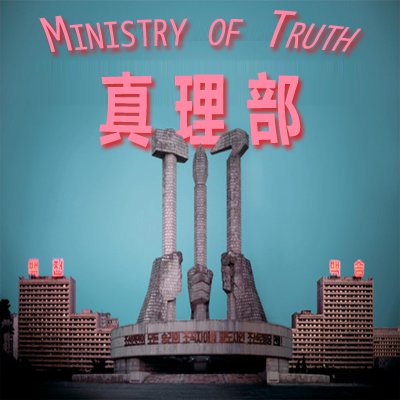The following censorship instructions, issued to the media by government authorities, have been leaked and distributed online. The name of the issuing body has been omitted to protect the source.
Please clean up commentary following the article “Liaoning: Beginning in June, Real Name Registration Required to Buy Matches and Similar Goods”. Delete information that maliciously attacks the system. (May 30, 2014)
请对《辽宁:6月起购买火柴等物品须实名登记》一文下的评论进行清理,删除恶意攻击体制的信息。
The China Morning Business Post reported yesterday on new security measures coming to Liaoning Province. The new rules would require real name registration for common items that could be used to make explosives, such as matches, fireworks, and cigarette lighters. Many Internet users ridiculed the incoming policy [Chinese], itself part of a year-long, nationwide crackdown on terrorism. The crackdown follows a string of violent attacks—most recently one that killed dozens at a street market in Urumqi last week. Recent deadly attacks have also occurred outside of Xinjiang, and security has been steadily tightening in major cities throughout China.
With the new crackdown underway, President Xi Jinping addressed a party work group on plans to pacify restive Xinjiang. Edward Wong sums up state media coverage at the New York Times:
He said the party and the state should establish “correct views about the motherland and the nation” among all of China’s ethnic groups, so that people of every background will recognize the “great motherland,” the “Chinese nation,” “Chinese culture” and “the socialist path with Chinese characteristics.”
The different ethnic groups of Xinjiang, the westernmost region in China, are “bound together like a pomegranate,” Mr. Xi said, referring to how the seeds are held tightly together in a fruit that is common in the region.
[…] Mr. Xi also defended the party’s recent policies in Xinjiang, even though those policies have led to frustration among many Uighurs, a Turkic-speaking people who mostly practice a moderate form of Sunni Islam.
“Practice has proved that our party’s ruling strategy in Xinjiang is correct and must be maintained in the long run,” Mr. Xi said. “We should remain composed and confident of our strategy.” […] [Source]
Earlier this week The Wall Street Journal reported on ramped up security screenings at Beijing subway entrances, and today the South China Morning Post reports that Beijing municipal authorities are paying 100,000 citizen “agents” to help in gathering anti-terror intelligence.
Xinjiang has been called the “main battlefield” in the nationwide terror crackdown, and “ultra-tough, unconventional” means to deter attacks, such as mass public sentencing rallies, are being used in the region. While Internet access has been blacked out in Xinjiang during previous crackdowns, the state-run Global Times reported yesterday that officials in Kashgar have dismissed “rumors” of another planned blackout in much of southern Xinjiang, saying that “such a measure is not effective in curbing the spread of terrorist information and rumors”. In Urumqi, 8 suspects were today charged for their involvement in the jeep crash near Tiananmen Square last October, according to China’s state media.
CDT collects directives from a variety of sources and checks them against official Chinese media reports to confirm their implementation.
Since directives are sometimes communicated orally to journalists and editors, who then leak them online, the wording published here may not be exact. The date given may indicate when the directive was leaked, rather than when it was issued. CDT does its utmost to verify dates and wording, but also takes precautions to protect the source.









